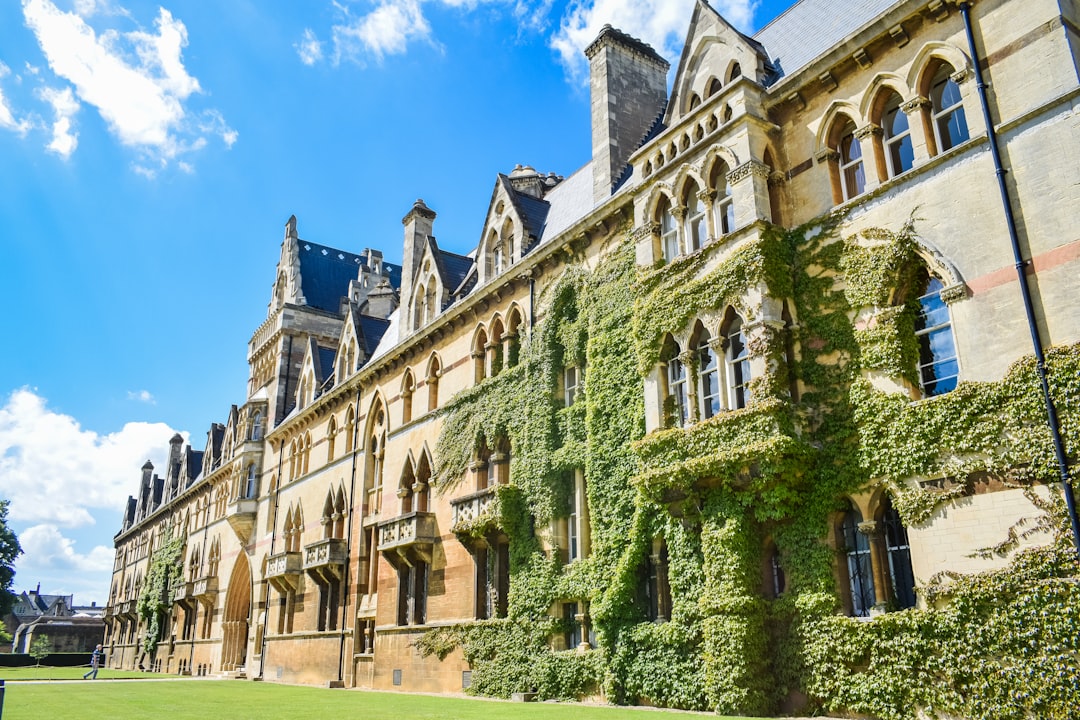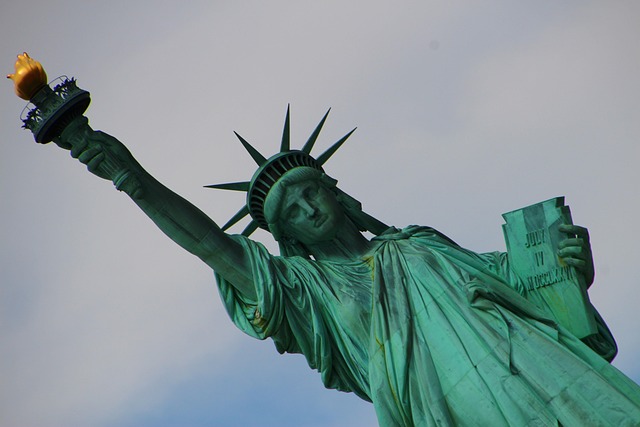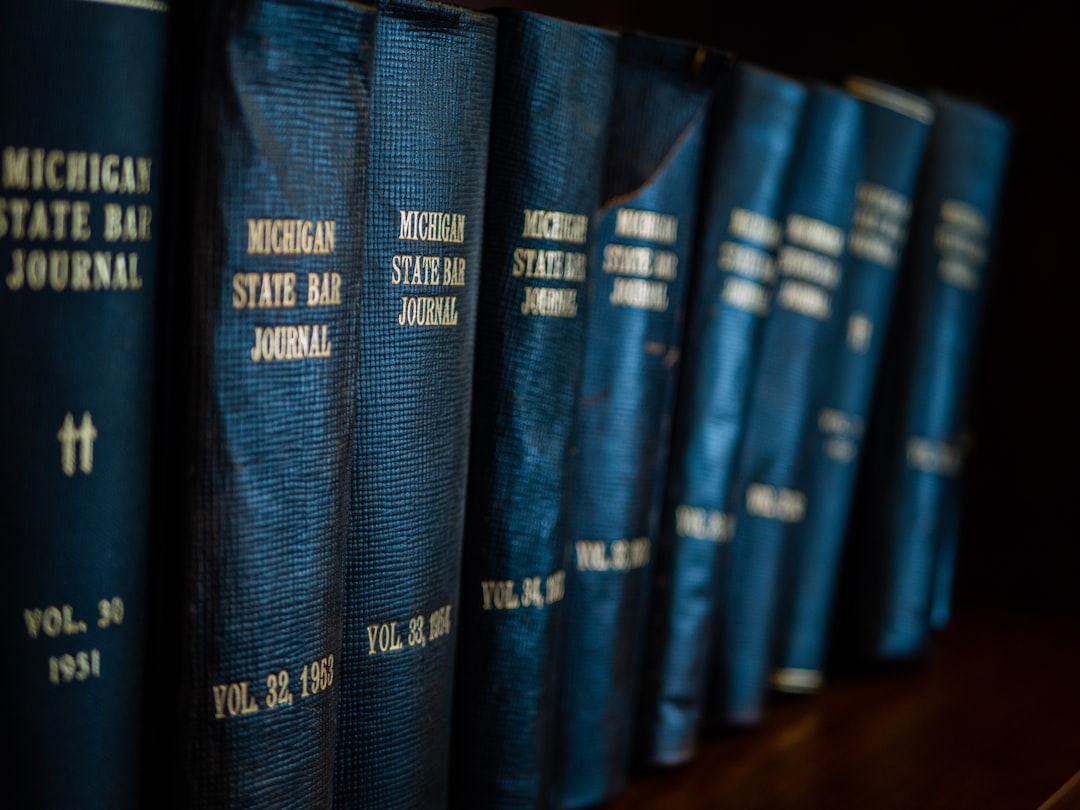In New York City, where hazing abuse is prevalent across sectors, hazing abuse attorneys are vital in securing justice and support for survivors. These specialists navigate complex legal systems, leverage New York state laws against hazing and harassment, and provide emotional support to help victims understand their rights. By filing lawsuits, they deter future incidents, raise awareness, and foster a safer environment. Key aspects of their work include gathering evidence, constructing solid court arguments based on intent and expert testimony, and facilitating access to resources for survivors' recovery and justice.
In New York, where bustling urban life coexists with profound human struggles, a unique advocacy role has emerged to address a hidden menace: hazing abuse. Many survivors of this insidious cultural phenomenon find solace in the expertise of a specialized hazing abuse attorney in NYC. This article delves into the critical work these advocates perform, guiding victims through the legal system, fighting for their rights, and fostering recovery. By understanding the nuances of hazing culture and its impact, we can build stronger cases against offenders and support survivors on their path to justice.
Understanding Hazing Culture and Its Impact in New York

In New York, hazing is a pervasive issue that often goes unnoticed, impacting individuals across various walks of life, particularly in educational institutions and organized groups. The culture of hazing, characterized by initiation rituals that involve physical, emotional, or psychological abuse, has deep roots in American society. While some traditions may seem harmless, the long-term effects on survivors can be devastating, leading to anxiety, depression, post-traumatic stress disorder (PTSD), and other mental health challenges.
New York legal advocate for hazing survivors play a crucial role in addressing this pervasive issue. By leveraging state laws that prohibit hazing and harassment, these attorneys provide a much-needed safety net for individuals who have suffered at the hands of hazing rituals. In the bustling metropolis of New York City, where diversity and anonymity can sometimes hide abusive practices, a dedicated hazing abuse attorney is essential in holding perpetrators accountable and ensuring justice for survivors.
The Role of a Legal Advocate for Hazing Survivors

In the context of hazing abuse, a legal advocate plays a pivotal role in supporting survivors and holding perpetrators accountable. Hazing is a pervasive issue, often occurring within social groups, school organizations, and even professional settings, leading to physical and emotional trauma for victims. New York, as a bustling metropolis, has seen its fair share of such incidents, making the presence of a specialized hazing abuse attorney in NYC imperative.
Legal advocates for hazing survivors navigate complex legal systems to ensure justice is served. They guide clients through the process of filing lawsuits against organizations or individuals responsible for hazing activities. These attorneys not only provide legal expertise but also offer emotional support and help survivors understand their rights and options. By advocating for victims, they create a safer environment by deterring future hazing incidents and raising awareness about the severity of such behavior.
Navigating the Legal System: Rights and Resources for Victims

Navigating the legal system can be daunting, especially for those who have experienced hazing abuse. In New York, survivors of hazing incidents have rights and resources available to them. A dedicated hazing abuse attorney in New York NY can guide victims through this complex landscape, ensuring they understand their legal options and receive the justice they deserve.
These attorneys specialize in advocating for individuals who have suffered physical or emotional harm due to hazing activities, whether in schools, colleges, or other organizations. They help survivors take action against perpetrators, holding them accountable while pursuing compensation for medical bills, psychological treatment, and other damages resulting from the abuse. By leveraging their knowledge of state laws and legal strategies, these attorneys fight for a safer environment, ensuring that no one else has to endure similar trauma.
Strategies to Build a Strong Case Against Hazing Offenders

Building a compelling case against hazing offenders in New York requires a strategic approach. A hazing abuse attorney in NY should first gather comprehensive evidence, including medical records, witness statements, and any available surveillance footage or digital communications that detail the incidents of hazing. Documenting the physical and psychological impacts on the survivors is crucial to establishing the severity of the abuse.
Next, legal experts can leverage these facts to construct a solid argument in court. They should focus on demonstrating intent, as many hazing cases involve repeated acts of brutality with no apparent benefit to the perpetrators. By presenting a pattern of behavior and expert testimony, attorneys can help survivors secure justice and hold hazers accountable under New York’s anti-hazing laws.
Supporting Recovery and Justice: Post-Legal Process for Survivors

After navigating the legal process, survivors of hazing abuse in New York can face a challenging road to recovery. It’s during this period that support becomes even more critical. Many survivors struggle with emotional scars, post-traumatic stress, and feelings of isolation. A dedicated hazing abuse attorney in NY can facilitate access to resources like therapy, support groups, and community outreach programs designed to help individuals process their experiences and rebuild their lives.
Justice doesn’t end with a court ruling. For survivors, finding closure often involves seeing accountability taken by those who caused them harm. This may include school administrations taking proactive measures to prevent future hazing incidents or even criminal charges being pressed against perpetrators. A New York hazing abuse attorney can guide survivors through these steps, ensuring they receive the justice and support they deserve.






